What is a Breath Science Certification?
Are you interested in becoming certified in Breath Science and helping others harness the power of their breath to improve their overall health and well-being? Now, look no further than Performance Through Health’s comprehensive certification program, which focuses on the science and practice of breathwork.
As a Certified Breath Science Practitioner, you will specialise in teaching individuals specific breathing techniques and exercises tailored to their needs and goals. The benefits of breathwork range from reducing stress and anxiety to improving respiratory function, increasing focus and concentration, and promoting relaxation and overall well-being.
The Certification
At Performance Through Health, we offer a six-month group training and 1:1 mentorship with Martin McPhilimey, a leading expert in the field, as part of our Breath Science Certification program. During this program, you will learn the scientific principles and practices of breathwork, including functional breathing, mental resilience training, mind-body connection, nervous system regulation, breathing for performance and exercise, heat and cold therapy, accessing states of deep relaxation, sleep coaching, snoring and sleep apnea, prevention and management of burnout, communication, coaching and leadership skills, and social media and business support.
Our program will equip you with the knowledge and skills to become an expert in breathwork and well-being tools and create a structure to keep clients returning or selling programs that get results. Upon completing the program, you can clinically assess, evaluate, and treat clients with breathwork and well-being tools. You will also receive communication, coaching, leadership skills, and social media and business support training to help you build a successful career as a Breath Science Practitioner.
Learning Objectives
1. Master Dysfunctional Breathing Mechanics:
- Remember: Identify dysfunctional breathing mechanics.
- Understand: Assess dysfunctional breathing mechanics.
- Apply: Rectify breathing mechanics for optimal function.
2. Optimise Biochemical Aspects:
- Remember: Recall the biochemical elements of breathing.
- Understand: Explore methods to assess biochemical aspects.
- Apply: Enhance biochemical elements of breathing for well-being.
3. Nervous System Regulation:
- Remember: Recall the concept of nervous system regulation.
- Understand: Comprehend interoceptive awareness.
- Apply Guide clients in cultivating interoceptive awareness and regulating their nervous systems.
4. Combat Stress and Emotional Challenges:
- Remember: Recall tools for conquering chronic stress and anxiety.
- Understand: Comprehend emotional imbalances.
- Apply: Equip clients with tools to conquer chronic stress, anxiety, and emotional imbalances.
5. Elevate Exercise Capacity:
- Remember: Recall the importance of breathing techniques in athletics.
- Understand: Comprehend how breathing techniques enhance exercise capacity
- Apply: Apply breathing techniques to improve exercise capacity.
6. Harness Cold/Heat Exposure:
- Remember: Recall the benefits of cold and heat exposure.
- Understand: Comprehend the principles of leveraging cold and heat for resilience and recovery.
- Apply: Leverage cold and heat exposure for resilience, recovery, and health benefits.
7. Unveil Sleep Secrets:
- Remember: Recall the factors affecting sleep quality.
- Understand: Comprehend methods to analyse sleep quality.
- Apply: Provide tailored recommendations for better sleep based on analysis.
8. Tackle Sleep Disordered Breathing:
- Remember: Recall common sleep issues like snoring and sleep apnoea.
- Understand: Comprehend methods to assess sleep-disordered breathing.
- Apply: Treat sleep issues for improved well-being.
9. Combat Burnout with Structure:
- Remember: Recall the signs of burnout.
- Understand: Comprehend the importance of structured training programs.
- Apply: Create structured training programs to guide clients toward overcoming burnout.
- Untangle Mindset and Breathing:
- Remember: Recall the connection between mindset and breathing.
- Understand: Comprehend the impact of breathing on psychological well-being and mindset.
- Apply: Gain insights into addressing mindset and psychological well-being through breathwork.
- Client Qualification and Onboarding:
- Remember: Recall the steps in clinically assessing clients.
- Understand: Comprehend the criteria for client qualification.
- Apply: Master the art of onboarding clients clinically.
- Craft Individual Programs:
- Remember: Recall elements of successful programs.
- Understand: Comprehend strategies for structuring successful programs.
- Apply: Create strategies to structure programs that yield tangible client results.
Assessment Criteria
Throughout the training, you will complete multiple choice knowledge assessments for each module with an 80% pass mark. There are recommended practices and case studies to achieve, which will be discussed and assessed throughout the session. Final assessments include a 50 multiple choice questionnaire with a pass mark of 80%, three 1500-word case studies and a sleep diary assessment, which shall be assessed following the assessment matrix, including fail, satisfactory, requiring a review interview and pass marks.
How to Apply for the Certification
If you are passionate about health and wellness and want to make a difference in people’s lives, we encourage you to apply for the Breath Science Certification program at http://www.breathscience.com.au. Then, become a certified Breath Science Practitioner and join the fast-growing health and wellness coaching field today!
Course Features
- Lectures 188
- Quizzes 13
- Duration 87.5 hours
- Skill level All levels
- Language English
- Students 137
- Assessments Self

